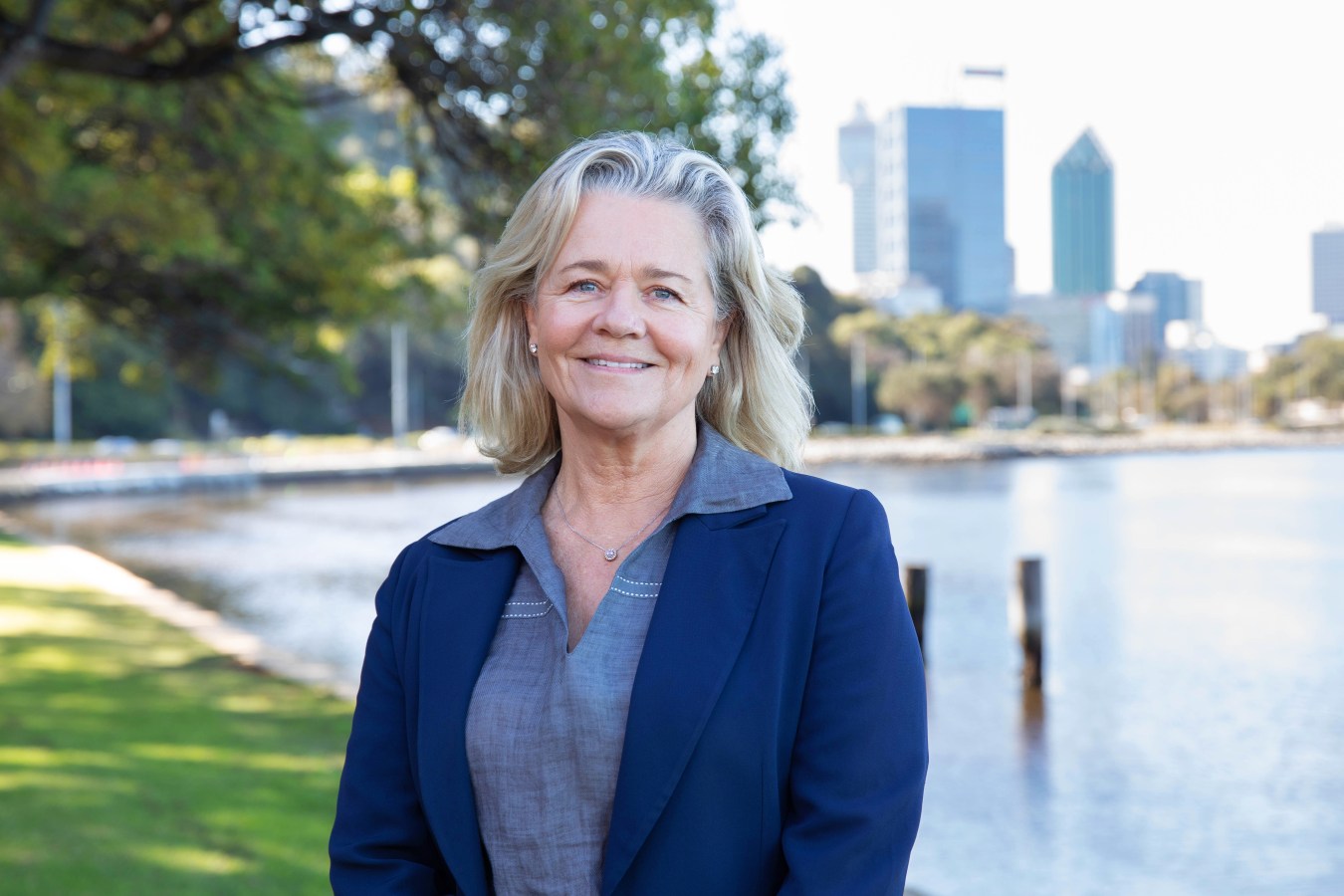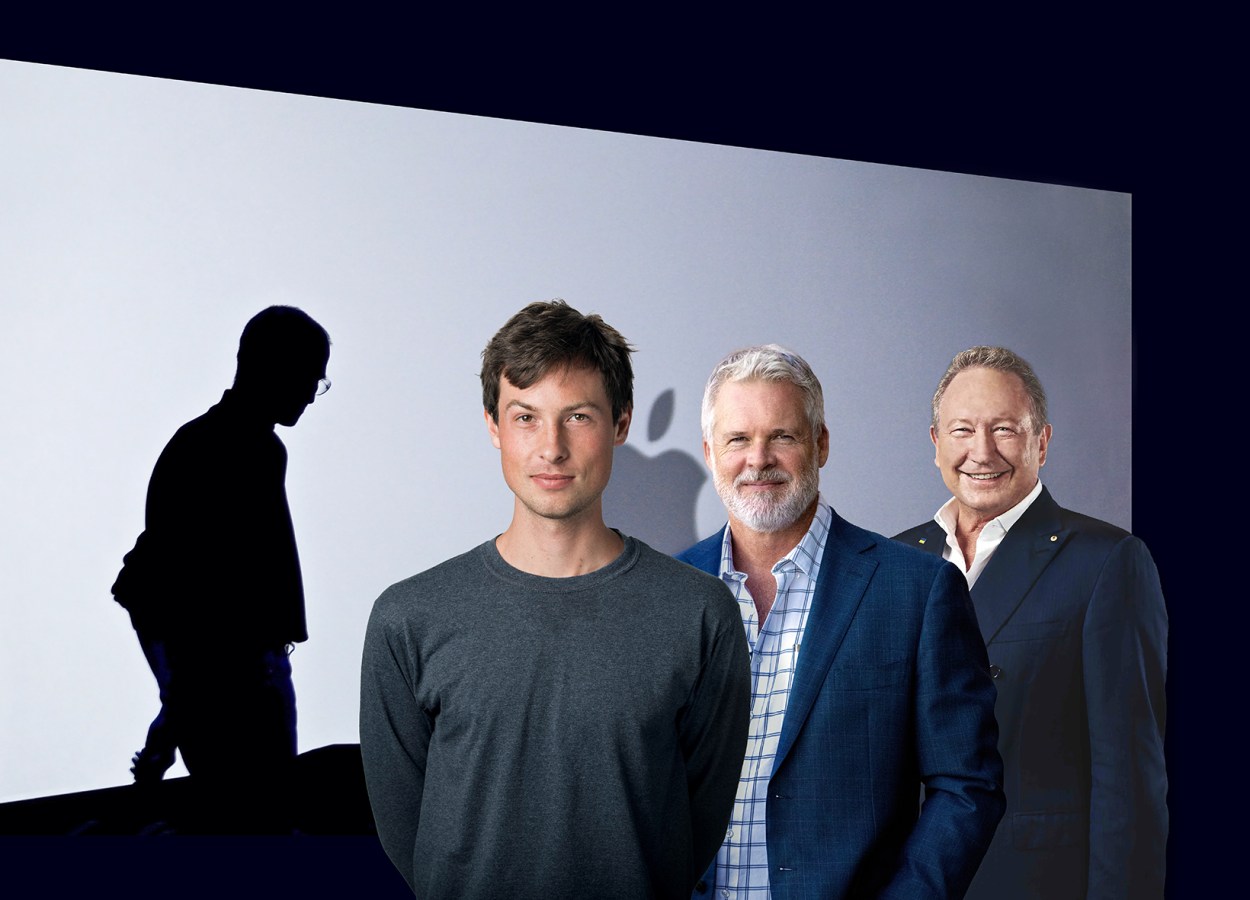Australian billionaire Andrew Forrest has spent five years secretly working to bring together US and Chinese foreign policy experts to find common ground on national security and AI. Here’s what the Brookings Institution consortium has achieved.
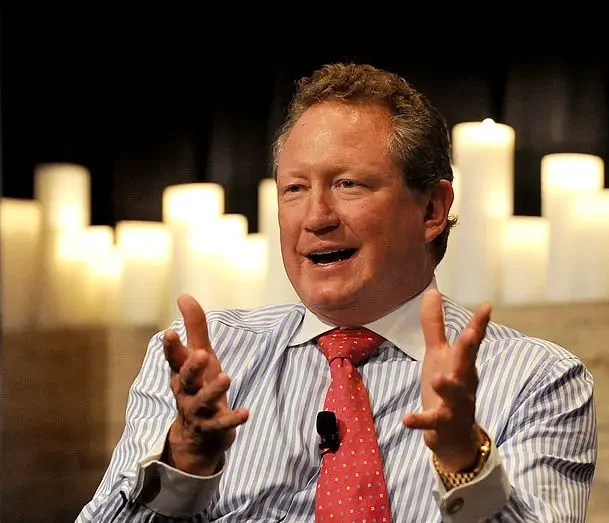
Alphabet CEO Sundar Pichai called the technology more profound than electricity or fire.
Forrest, who is one of Australia’s richest people and the founder of both the Minderoo Foundation and metal mining group Fortescue, says while it is the most brilliant tool that has ever been created, it is also the most dangerous.
“It is incumbent upon us, as global leaders, to make sure the safeguards are in place to allow future generations an opportunity to thrive,” Andrew Forrest tells Forbes Australia in an exclusive interview.
Minderoo has long been committed to philanthropic causes in Australia. Now, Forrest is using his deep pockets and influence to facilitate discussions between Chinese and US policy experts and find consensus on AI technology.
“Even the most powerful nations appreciate the value of compromise where humanity is concerned.”
Andrew Forrest, Minderoo
This is the first time Forrest has revealed he has been involved in 11 rounds of dialogue on the topic, taking place – discretely – since 2019.
“For more than five years, Minderoo has supported a range of initiatives to ensure people-centred artificial intelligence policies, including funding the US-China Track II Dialogue on Artificial Intelligence and National Security,” a Minderoo spokesperson says.
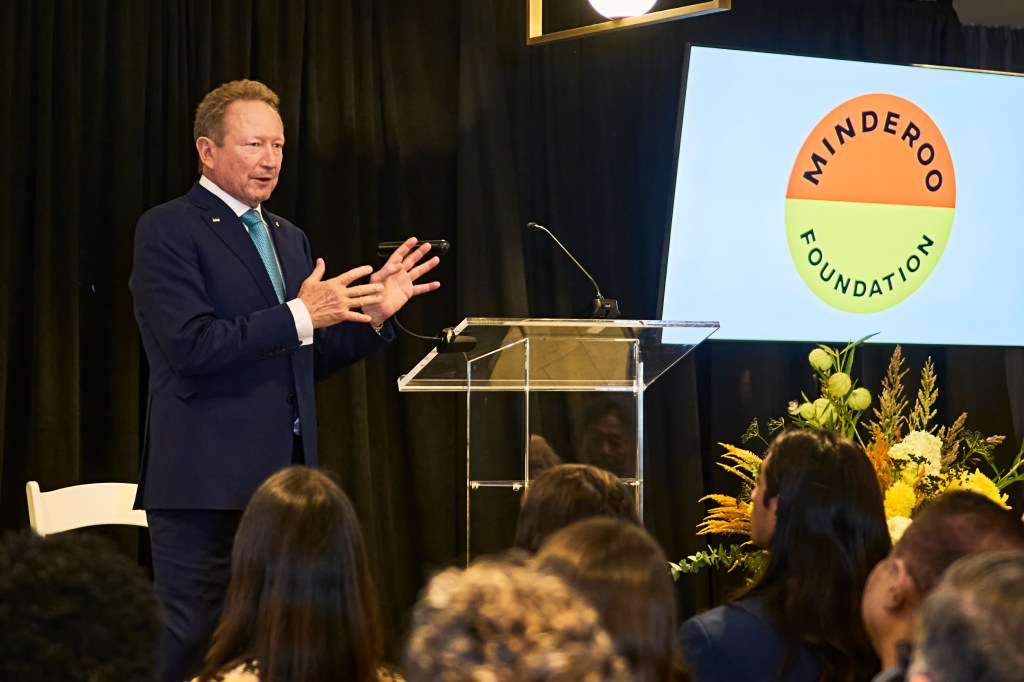
Forrest says the group is leading the world in preventing harm to civilians through the misuse of AI.
“Its work, over several years, underpinned the agreement announced by the Presidents of China and the USA, that both countries would maintain human control over the decision to use nuclear weapons,” says Forrest.
Colin Kahl is a foreign policy specialist at the Strobe Talbott Center for Security, and the former US Under Secretary of Defense for Policy.
“One of the areas of agreement that has come to light during our Track II discussions is the aim to keep humans in control of nuclear launch decisions. This past November, at the meeting of Presidents Biden and Xi in Lima, Peru, Presidents Biden and Xi endorsed this principle,” says Kahl.
“This dialogue – and this event – would not be possible without the support of the Minderoo Foundation.”
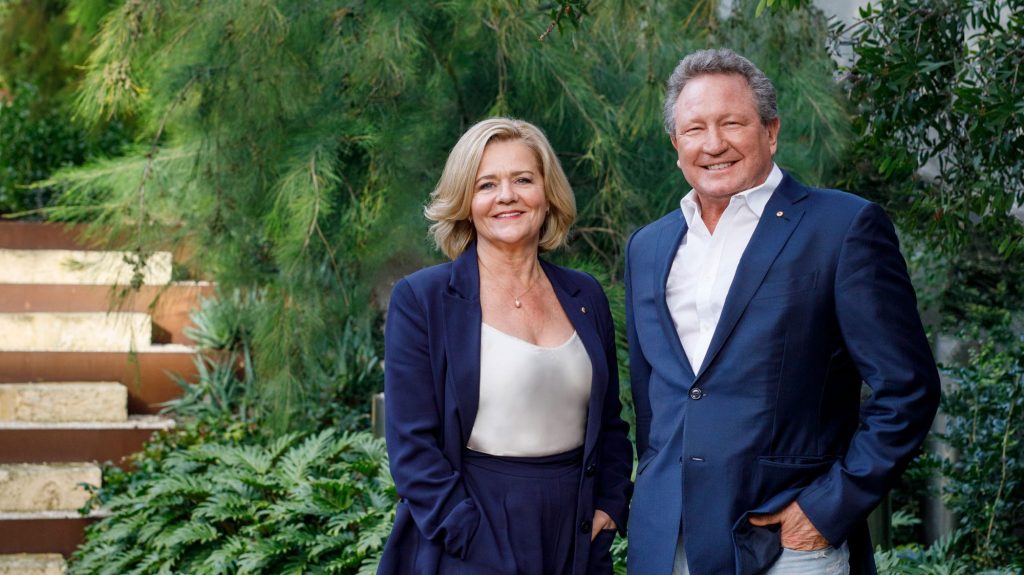
While non-binding, the meeting of the two Presidents marked progress in continuing dialogue on preventing harm from AI.
“The world should know and heed this example: even the most powerful nations appreciate the value of compromise where humanity is concerned,” says Forrest.
Human-centred AI, and nuclear agreements
In September 2024, the Brookings Institution and Tsinghua University published two versions of an AI national security glossary of terms. The definitions span the broader terms weapons, intelligence and autonomous platforms, intelligent and autonomous technologies, action and control, and human-machine relationship.
The Chinese definitions are published on a Tsinghua University page, while the Brookings Institution glossary is published on its website.
The groups call the glossaries a ‘significant milestone.’
“Consensus has also been reached in this dialogue on ensuring that human beings, not artificial intelligence, retain decision-making authority over the use of nuclear weapons,” a Brookings Institution statement reads.

Minderoo and AI
The foundation commits its resources to communities, gender equality, and natural ecosystems. The US China discussions are not the only avenue that Minderoo works to impact AI:
- In 2020, initial grants totalling AU$20 million to launch a global network of academic centres were announced, according to the company.
- Aimed at advancing education and research on the societal implications of digital technologies and artificial intelligence
- Centres at universities in Australia, United States and United Kingdom (Cambridge, University of Western Australia, University of Sydney, ANU, University of California, New York University, Oxford)
AI Corporate Governance Program
- Partnership with UTS Human Technology Institute, with Minderoo the major philanthropic project funder
- Initiative to broaden understanding of corporate accountability and governance in AI
- AI Corporate Governance Program utilised by the Australian Institute of Company Directors to provide board with the foundational knowledge of safe and responsible AI governance
Forrest will join the consortium in a webinar dedicated to a US-China dialogue on AI and national security on January 10. The panel discussion will focus on US and Chinese perspectives on how AI impacts security relations.
The discussion includes fellows from Tsinghua University, Hoover wargaming and crisis simulation at the Hoover Institution, the Institute of Public Policy and Innovation at Shanghai Institutes for International Studies, and the Brookings Institution. It will be moderated by Ryan Hass, director of John L Thornton China Center.
Look back on the week that was with hand-picked articles from Australia and around the world. Sign up to the Forbes Australia newsletter here or become a member here.
